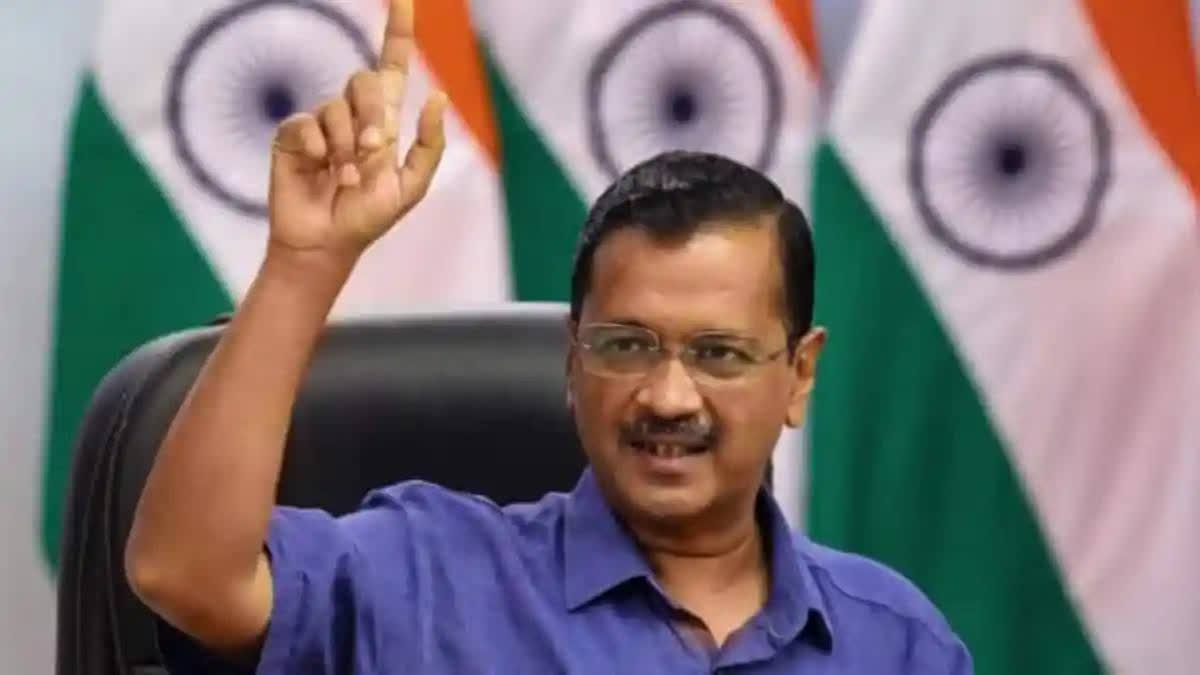With Arvind Kejriwal, Chief Minister of Delhi, unhappily ensconced behind bars on being remanded in the custody of the Enforcement Directorate, a controversy is raging whether he should resign from his post. His party (AAP) has categorically stated that he can run the government from the jail. Even the Speaker of the Delhi Legislative Assembly, who is not expected to enter the fray, is reported to have said that Kejriwal will continue as the Chief Minister.
The Bharatiya Janata Party, leader of the ruling National Democratic Alliance, has quipped that gangsters have been known to run their empire from the jails, but not constitutional authorities. They have cited the examples of J Jayalalithaa, Lalu Prasad Yadav, Uma Bharti, BS Yeddyurappa and the recent case of Hemant Soren, who all resigned and handed over the reins to their successors before going to jail. This is the first time when a serving Chief Minister is sitting behind bars.
Experts are divided in their opinion. On the one hand, some say that there is no constitutional bar on Kejriwal continuing as the Chief Minister. However, others wonder how can he continue to occupy a public office that demands a high degree of morality after being remanded in judicial custody.
Earlier, judgements of the High Court and the Supreme Court have concluded that constitutional morality, good governance and constitutional trust are the basic norms of holding a public office. In a recent judgement by the Madras High Court in S Ramachandran versus V Senthilbalaji, the court examined the arguments made on the issue of whether the minister must forfeit his right to occupy public office that demands a high degree of morality if he is accused of a ‘financial scandal’.
The arguments refer to a 2014 constitutional bench judgement of the Supreme Court in Manoj Nerula versus Union of India, which held that the basic norms for holding public office were constitutional morality that is to avoid acting in a manner contradictory to the rule of law, good governance that is to aim at doing good in the larger public interest, and constitutional trust, that is to uphold a high degree of morality attached to the public office. The High Court agreed that citizens expect persons in power should have high standards of moral conduct.
In addition to this, there is also the issue of practicality in discharging the duties and responsibilities of the Chief Minister as a public servant. A prisoner is subject to jail rules. It might not be practical for him to preside over Cabinet meetings in jail or meet officials and go through and pass orders on files. Again the Supreme Court has held that civil servants must refrain from acting on oral instructions of political bosses, except in certain exceptional circumstances. The court referred to the recommendations of the Hota Committee (2004) and Santhanam Committee reports, which highlighted “the necessity of recording instructions and directions by public servants”.
To get out of this impasse the APP leaders have suggested that Kejriwal could be lodged in a building declared as a temporary jail to enable him to run the government. Another way out is for the Lt Governor of Delhi to recommend President’s rule if he feels that on account of Kejriwal’s incarceration, the governance of the Union Territory of Delhi could not be carried out as per the Constitution (Article 356 of the Constitution of India: Failure of the Constitutional Machinery).
Disclaimer: Views expressed in this article are solely those of the author.



